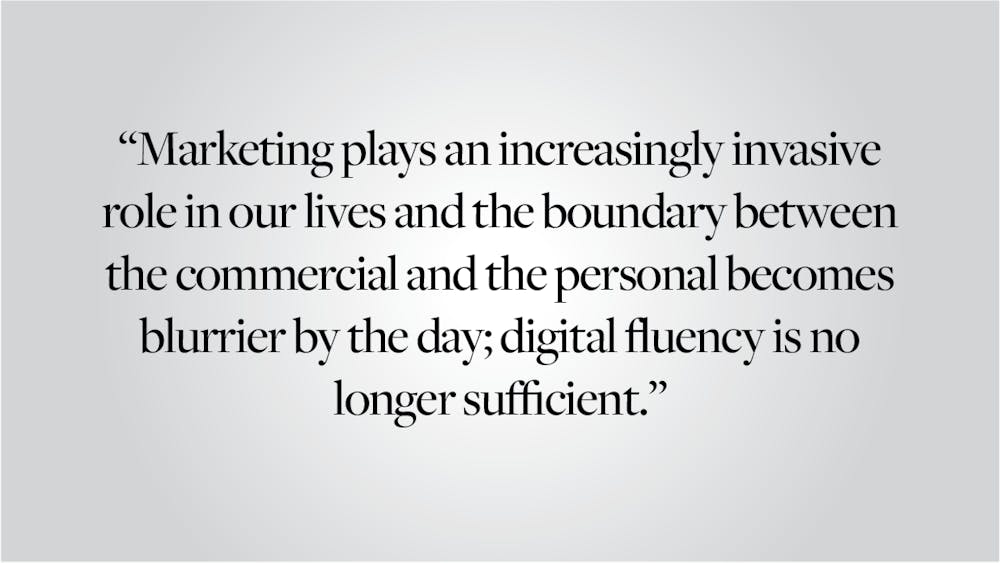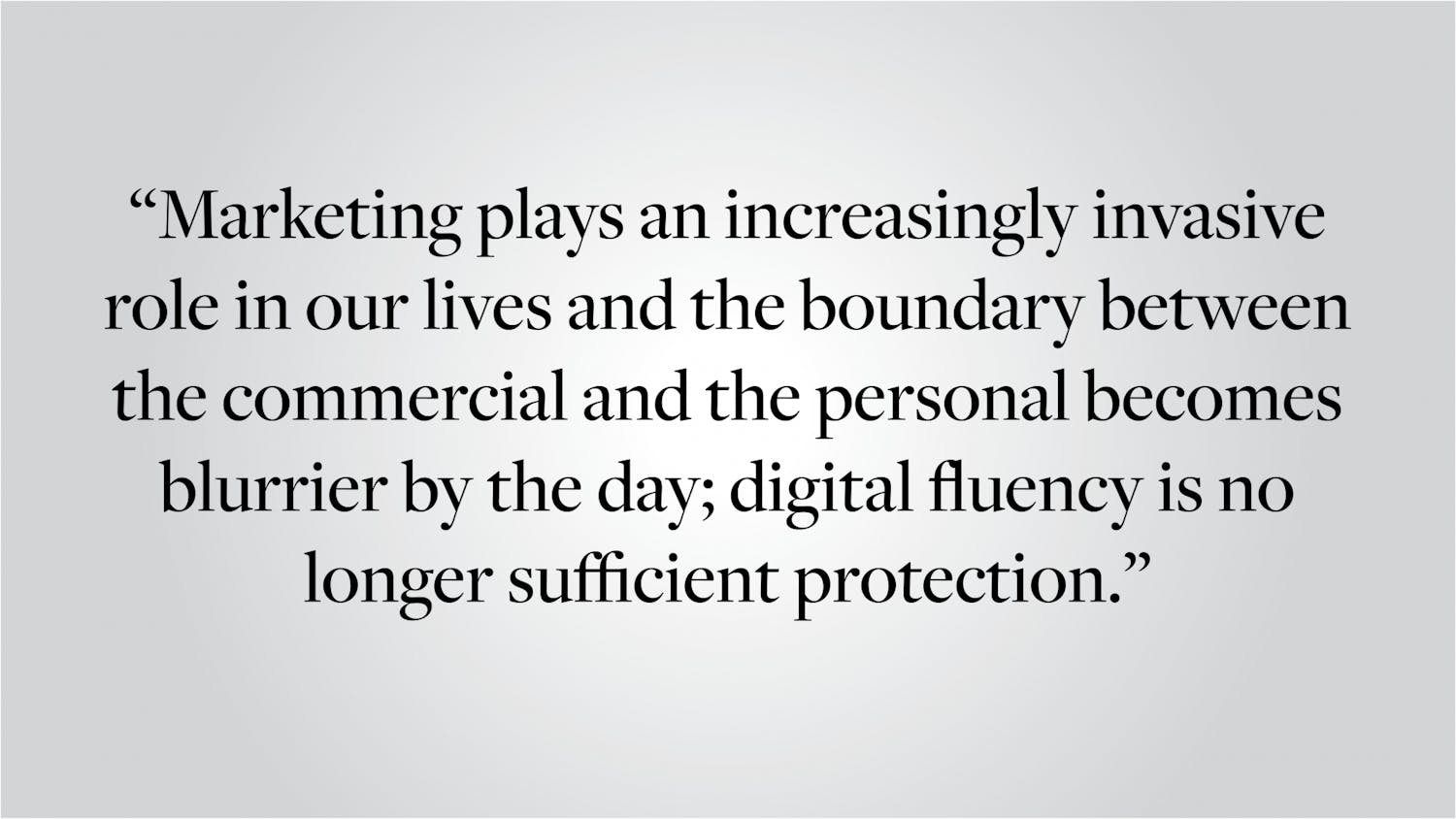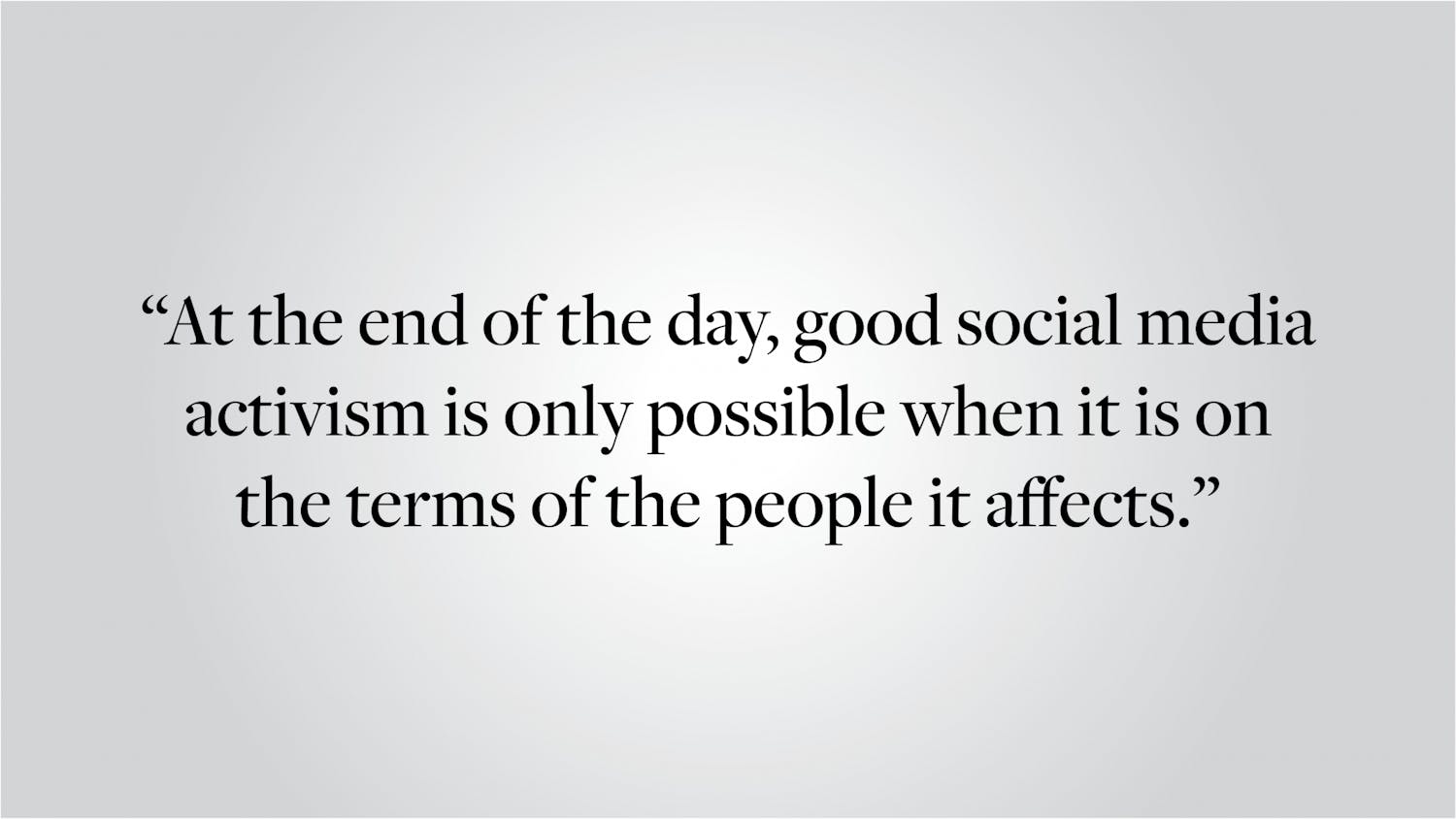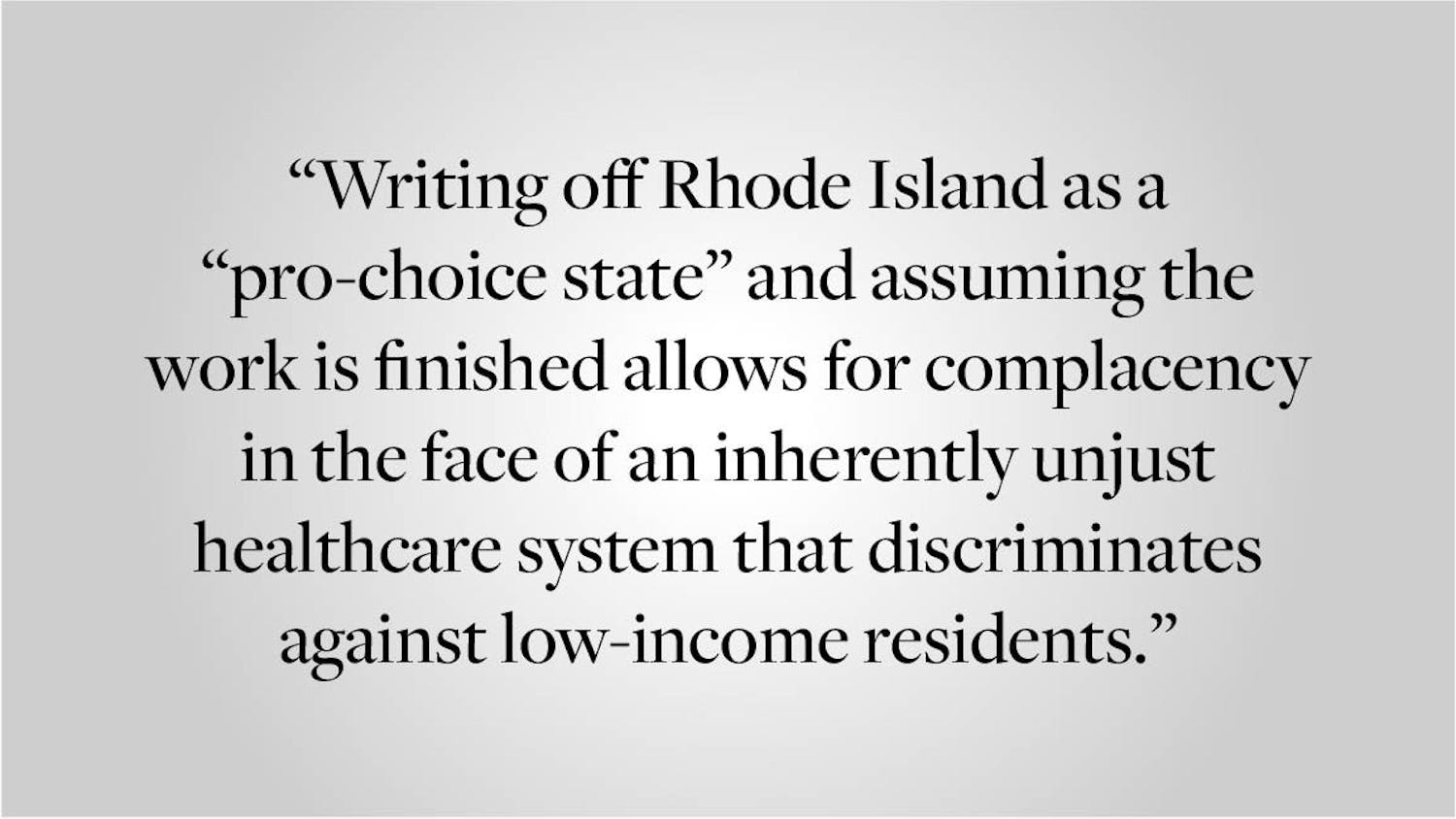If you have a TikTok account, you’re probably familiar with Duo — the bright green owl mascot of the language learning app Duolingo. On Duolingo, Duo encourages users to practice daily conjugations and vocabulary, but on the official Duolingo TikTok account, Duo has a “full-fledged personality” of his own. He (or, rather, an employee in a Duo suit) twerks, fangirls over Dua Lipa and drops sassy replies in the comments — garnering over 2 million followers in the process. Duolingo is one of the more successful examples of a new kind of social media presence. Alongside teenage influencers, there are now a host of multimillion dollar companies that have cultivated online personalities into overnight celebrities. But these bizarre, parasocial interactions can cross the line from relatable Gen Z humor into something more sinister. The rise of corporate TikTok isn’t just a sign of a new age of advertising, it also has implications for how young people engage with online media and marketing that is increasingly intimate.
Gen Z often views itself as immune from the pitfalls of social media or the forces of corporate manipulation. After all, we’ve been raised by the internet; we know how to spot scams and edited photos. We sense when we’re being sold to, and we don’t like it. Frito-Lay has noted that “newer generations are increasingly turned off by blatant, promotional marketing.” With a cultural emphasis on individuality and “avoid(ing) labels,” young people are also more likely to eschew brand names in favor of thrifting, DIYing or otherwise making the generic their own. Social media is a home base for today’s teenagers and young adults. Surely we couldn’t be outsmarted on our own turf? But these generalizations are just that — generalizations, and they obscure the power that companies still have to shape the way young people purchase, consume and think.
Even before TikTok came onto the scene, brands were deploying strategies of online relatability to reach young consumers. In the infamous “fast food Twitter feuds,” multimillion dollar restaurant chains like Wendy’s, IHOP and Burger King slung quips at each other with the language of a tech-savvy teenager. And, driven by a desire to appeal to users wary of traditional advertisements, companies like Frito-Lay have developed “anti-ads” that reject logos and name-branding altogether. And it’s effective. In the past few years, the Wendy's Twitter account has reached 3.8 million followers. TikTok has provided the perfect platform for companies to utilize this marketing strategy to the nth degree. In an app built on replicating dances and trendy sound bites, it doesn’t take much to mimic popular trends to make relatable content that doesn’t feel like it’s coercing you to buy anything. The result, when you stop and think about it, is somewhat surreal: a marketing strategist — sometimes a member of Gen Z themselves — using a verified, brand-name TikTok account to mimic the actions of a bored teenager in their room. Young people in the comments are happy to play along — asking Amazon for their missing packages, or for Duo, whom memes portray as violently threatening, to spare their families. There’s something fascinating about this game of pretend, of watching a corporate mascot engage in the petty, silly and absurd to create a personality that feels trustworthy.
Yet while these campaigns can be undeniably clever, even downright funny, the companies behind them deserve scrutiny. For instance, hidden under the snarky one-liners and innocent profile picture of the Wendy’s Twitter account is a company with assets totaling over $5 billion and a franchise operator CEO who donated over $440,000 to Donald Trump’s 2020 re-election campaign. Frito-Lay, the same company adapting to a no-marketing marketing strategy to capture Gen Z consumers, also has a checkered past. Hundreds of workers at a processing plant in Topeka recently went on strike to protest forced overtime shifts and dangerous, smoke-filled conditions. And when not posting POVs on TikTok, Amazon has faced scandal after scandal concerning its treatment of employees.
Young people, especially teenagers and college-aged students, have proven to be more concerned with social justice issues such as these than previous generations. On platforms like Instagram and Twitter, takedowns of problematic companies and calls for boycotts are commonplace. But, there is a serious disconnect between the ways we call out corporate greed and malpractice and the attention we continue to give those same companies on TikTok and similar platforms. That attention presumes relatability and mutuality when many of these brands are actively undermining the values that make the communities we form online so important.
It might seem futile to point out the dangers of engaging with the content of a company we would otherwise deem problematic. After all, laughing at Wendy's Twitter account is hardly a direct endorsement of its executive’s values. But there are other reasons to be wary of corporate TikTok, for what it says about our own relationship with social media more than anything else. Anti-ads and other forms of “relatable” marketing are so subtle that we often can’t discern what content is authentic and what is manufactured. Marketing plays an increasingly invasive role in our lives, and the boundary between the commercial and the personal becomes blurrier by the day; digital fluency is no longer sufficient protection. The assumption that the younger generation’s social media savviness translates automatically to critical, informed engagement with corporate content is misguided — and it is doomed to disappoint us.
Alissa Simon ’25 can be reached at alissa_simon@brown.edu. Please send responses to this opinion to letters@browndailyherald.com and op-eds to opinions@browndailyherald.com.





